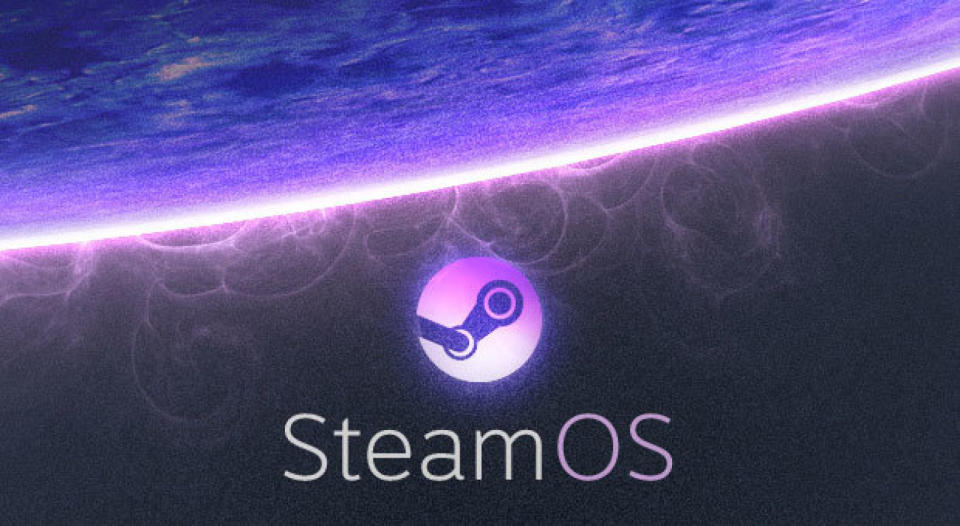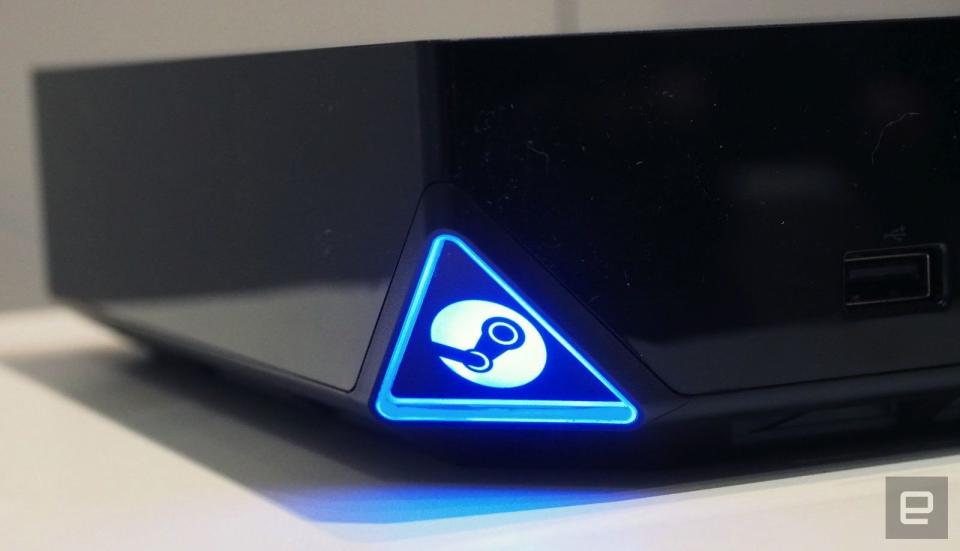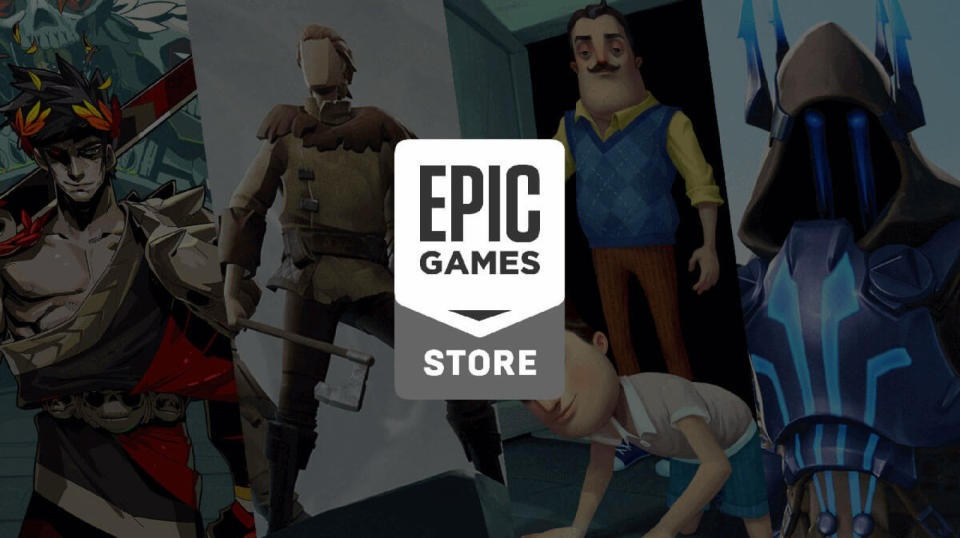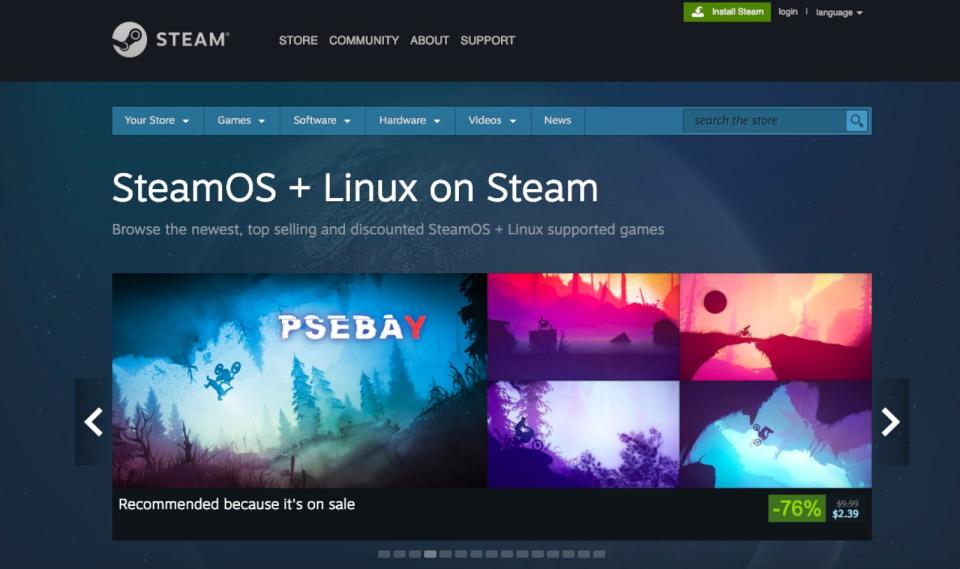Linux gaming is on a life-support system called Steam
Valve's video game marketplace has the power to keep Linux alive.
In September 2013, Valve founder Gabe Newell gave a rare, 20-minute presentation at LinuxCon. He called Linux "the future of gaming," predicting that as the industry became more user-driven and connected across both distances and devices, an open-source foundation would be the only way to keep pace with coming innovations. With the standard, proprietary operating systems powering Windows, Mac and consoles, Newell argued, all control over content, pricing and change rested in the hands of billion-dollar corporations. Linux offered a chance for all players and developers to shape the marketplace.
This was just before Valve (also a billion-dollar corporation, it should be noted) unveiled SteamOS and Steam Machines, its strategy for the future of seamless, hybrid gaming. SteamOS was a Linux distribution that served as the backbone for the actual Steam Machines consoles, which would allow players to stream all of their desktop games to any TV in the house, bringing PC gaming to the living room.
Remember, this was 2013. Macklemore and Robin Thicke had the top songs of the year, same-sex marriage was still federally illegal in the US until that June, and Sony wouldn't buy the streaming service OnLive for another two years. Streaming video games from a PC to the living room was a big deal, and Valve, the owner of the video game industry's largest digital distributor, put Linux at the heart of its grand plan.
Fast-forward nearly six years. Steam Machines puttered out as an idea, though Valve hasn't dropped its support for Linux. It maintains a Linux Steam client with 5,800 native games, and just last August, Valve unveiled Proton, a compatibility layer designed to make every Steam title run open-source-style. With Proton currently in beta, the number of Steam titles playable on Linux has jumped to 9,500. There are an estimated 30,000 games on Steam overall, so that's roughly one-in-three, and Valve is just getting started.
However, the percentage of PC players that actually use Linux has remained roughly the same since 2013, and it's a tiny fraction of the gaming market -- just about 2 percent. Linux is no closer to claiming the gaming world's crown than it was six years ago, when Newell predicted the open-source, user-generated-content revolution.
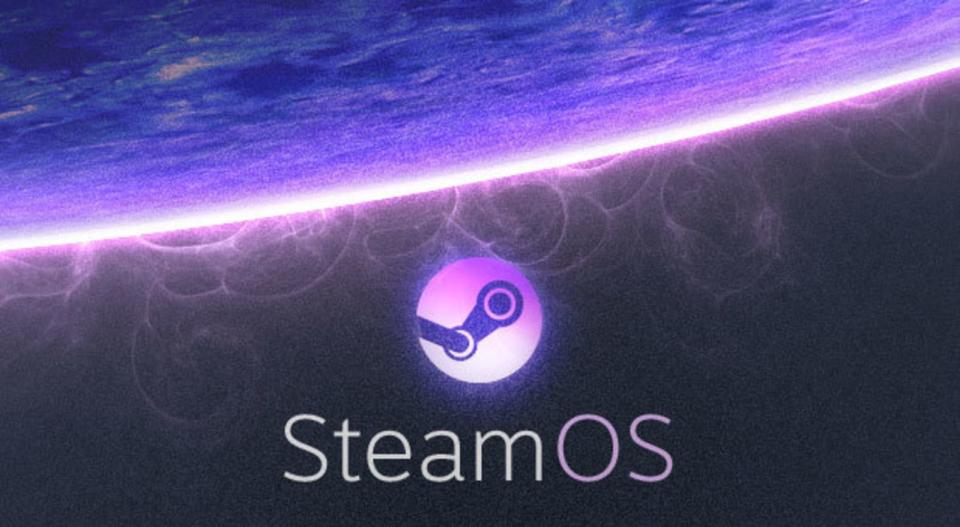
"The overall percentage still has a lot of ground to make up, but the number of Linux gamers on Steam continues to grow at a similar rate as those playing on Windows," Steam developer Pierre-Loup Griffais told Engadget. "It looks like there might actually be an increase trend in Linux gamers starting from October when we released the new Steam Play [Proton] beta, but it's too early to tell if it's had a real lasting impact."
The industry's lack of Linux love is just one reason Epic Games felt free to launch its new digital store -- the first true competition to Steam in about a decade -- without support for open-source operating systems. When the company unveiled the Epic Games Store in December, Linux fans immediately had questions: Would the marketplace work on their distros? If not, were there plans to support Linux down the line?
The most concrete answer came from Epic Games director of publishing strategy (and a creator of Steam Spy) Sergey Galyonkin on Twitter in late December: "It really isn't on the roadmap right now. Doesn't mean this won't change in the future, it's just we have so many features to implement." Epic Games didn't provide an update on its plans for this story.
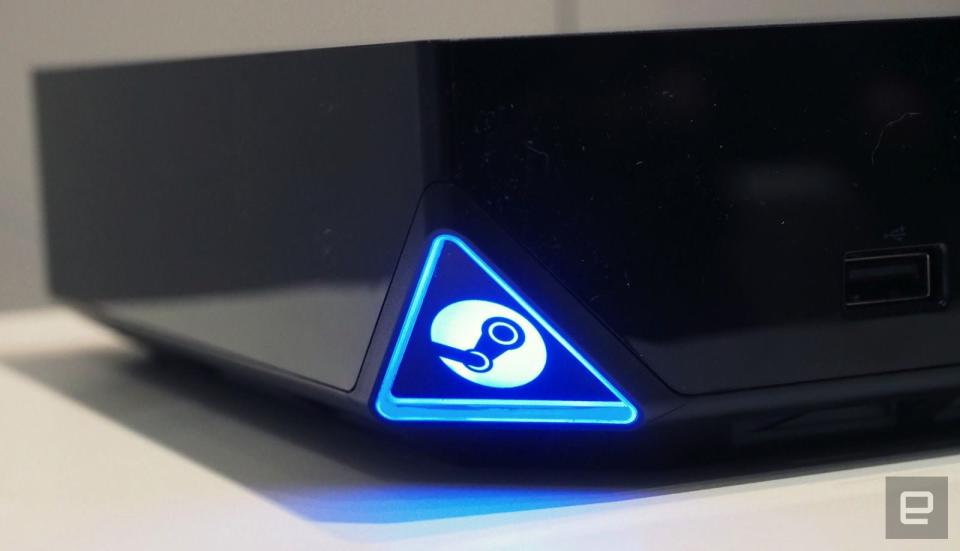
Meanwhile, Griffais said Valve's approach to Linux hasn't changed much since Newell's LinuxCon presentation in 2013.
"We continue to think that the availability of open PC gaming platforms will ultimately result in better experiences for customers and opportunities for developers," he said. "Having our own instantiation of it in the form of SteamOS lets us directly work on ideas for improving the user experience and gives us more flexibility in how we ship and update that version of Linux."
"The availability of open PC gaming platforms will ultimately result in better experiences."
The fact that Valve supports Linux is no small deal. Steam has essentially enjoyed a monopoly over the digital games market for roughly 15 years, operating on a scale so large that its decisions have shaped the video game landscape from the inside-out. The independent games market flourished thanks in large part to Steam, and Valve's practice of offering developers a 70 percent cut of all sales on the platform has long been the industry standard.
The Epic Games Store made headlines when the studio announced its revenue-sharing model, giving developers 88 percent of all sales. A handful of high-profile titles, including Hades from Supergiant Games, Super Meat Boy Forever from Team Meat and Journey from thatgamecompany, were announced alongside the Epic Games Store as exclusives or timed exclusives. Steam wouldn't get any of these games for a year, at least.
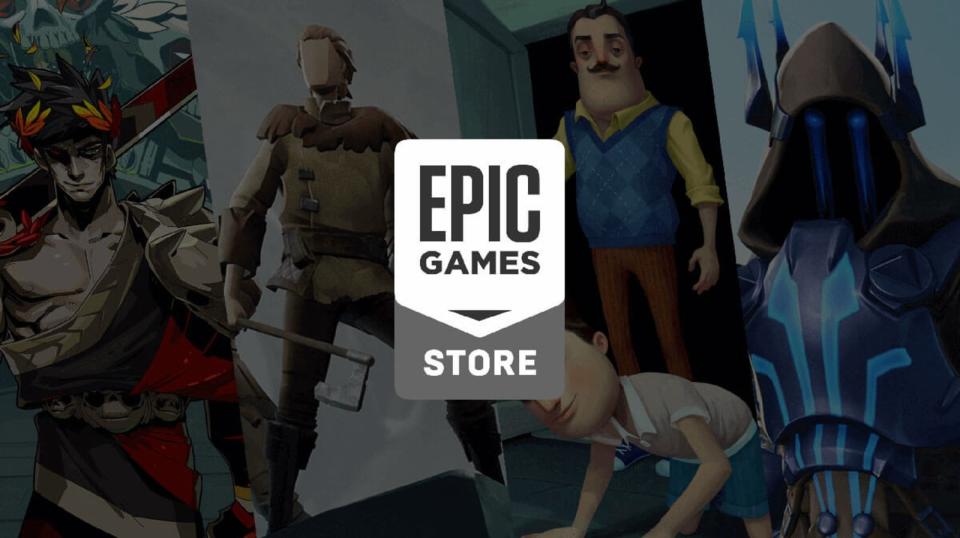
That means Linux players won't get them, either. Of course, there's nothing stopping developers from creating Linux versions of their games and releasing them outside of the Epic Games Store once their exclusivity deals are up. Plus, there are Linux-centric workarounds and plenty of fans will use Windows in a pinch. However, Epic's ability to simply ignore the Linux market for now demonstrates how tiny this special interest group is in the wider gaming world. One of the only reasons Linux is even a conversation nowadays is because Steam has kept its embers warm all these years.
"Linux gamers tend to be the most appreciative gamers out there."
"The pro of supporting Linux is the community," Super Meat Boy Forever creator Tommy Refenes said. "In my experience, Linux gamers tend to be the most appreciative gamers out there. If you support Linux at all, the chances are they will come out of the woodwork to thank you, offer to help with bugs, talk about your game, and just in general be pretty cool people. The con here unfortunately is the Linux gaming community is a very, very small portion of the PC gaming market."
Refenes breaks it down as follows: "If I were to list how Super Meat Boy has made money since the Linux version dropped, starting with the highest earner, the list would be: Windows, Xbox, Playstation 4, Switch, various licensing agreements, Mac, Playstation Vita, WiiU, merchandise sales, NVidia Shield, interest from bank accounts, Linux." And that's all with a non-buggy, faithful Linux port handled by Ryan C. Gordon and released in 2013.
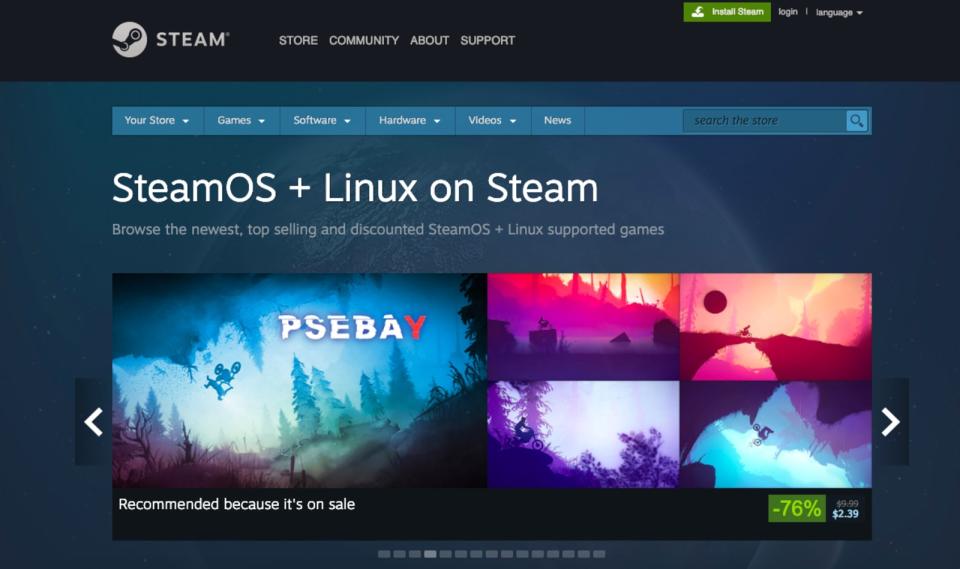
Refenes hasn't thrown out the idea of an eventual Linux port of Super Meat Boy Forever. He wants to cater to this core crowd of enthusiastic players, but it has to be worthwhile. The benefits of creating a Linux version are extremely low, monetarily, so the upfront costs have to be as miniscule as possible. That's exactly what Steam is doing with Proton -- making the Linux porting process as simple as possible.
"There are a million other things on our to-do list."
"We've continued to increase our investment in Linux support over the years and plan to keep doing that," Griffais said. Steam's early efforts revealed barriers for Linux-focused developers related to graphics APIs and driver quality, so developers have invested in building more robust tools and drivers, he explained. "We have made significant progress on that aspect over the last couple years, and are continuing our efforts there. And there are a million other things on our to-do list."
Chances are, Steam's continued focus on Linux gaming will eventually introduce Super Meat Boy Forever, and thousands of other games, to the open-source audience -- no matter how small it may be.
"My hope is Steam's Proton project really takes off and Linux support is invisible to me," Refenes said. "In an age of three consoles, PCs with millions of different configurations, and a market that is getting increasingly crowded by the day, the last thing I want to do is take time and money to support Linux when historically this has offered no marketing or financial advantage. But if Steam does the heavy lifting, then that's a win for everyone."



